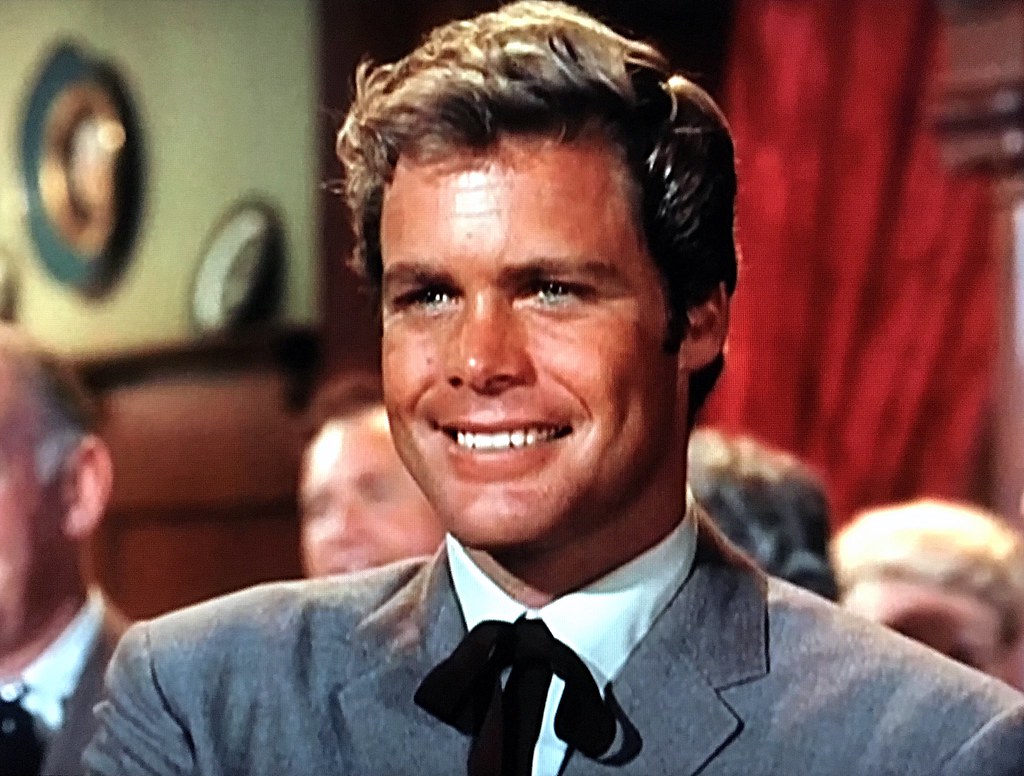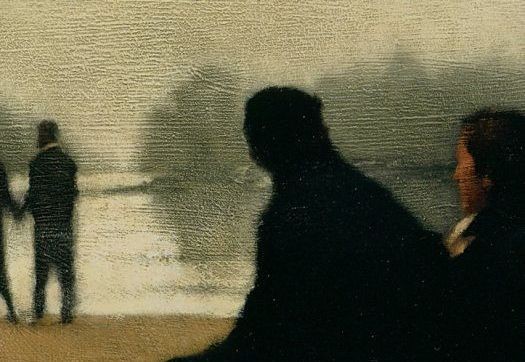You’ll have to forgive my truancy from Don Colacho posting. I usually spend August and September drinking heavily and engaging in all manner of ungentlemanly behavior off the Emerald Coast, colloquially named the “Redneck Riviera.” And, to provide greater infighting amongst the Southern Nationalist rabble, I’ll definitively pronounce the Florida Panhandle to be far superior to lower Alabama (no bully). With my indiscretions and pouty opinions out of the way, let’s dive deep into a selection of Nicolás Gómez Dávila’s aphorisms regarding “muh society.”
The rapid evolution of a society destroys its customs. And imposes on the individual, in place of the silent education of traditions, the reins and the whip of laws.
Escolios a un Texto Implícito: Selección, p. 230
I am not a libertarian, although I agree that we are a nation with far too many laws. Commonsense, decorum and acceptable behavior have been replaced with Black’s Law Dictionary. This should come as no surprise, since man must always be governed against his basic and more depraved instincts. When man’s native, organic and governing society becomes timid and indecisive, the State must become the arbitrator and enforcer. Although, the State can never stop growing nor is it always moral. In our case, it is an immoral State that consumes peoples, cultures and traditions. Eventually, the State and the society become one.
The State is a monstrous leviathan that expanded from its humble origins of tax collection and national defense to obliterating freedom of association and policing anarcho-tyranny on the citizenry. This State is incapable of removing a multiple-deported sociopath, but can enforce smoking cessation laws. Good order, right and wrong and community enforcement become subsumed by anxious legislators, legal writ and black robes.
Human warmth in a society diminishes by the same measure that its legislation is perfected.
Escolios a un Texto Implícito: Selección, p. 454
Man can never be made perfect, neither can his society remain, or even become, flawless. These obvious truths plagued the ideological hacks of communism. Of course, an idea “works on paper,” but only someone completely devoid in understanding the human condition would believe utopia is achievable. Societies become less human, and humane, with the compounding of laws. Suddenly, there’s a law proscribing sensitive words for delicate ears, yet a children’s lemonade stand must be subjected to the rigors of various codes, inspections and law enforcement oversight. What a mad world.
In his book, Three Felonies a Day, civil-liberties attorney named Harvey Silverglate (who sounds like an unethical character from a Charles Dickens novel) estimates that the average person unknowingly breaks at least three federal criminal laws every day. Per the Law Library of Congress, they do not even know how many federal laws there are – in fact, they admit that it’s practically impossible to find out. Think about that. The Department of Justice conducted a study in 1982 to conclude the matter and even they could not provide a confident answer, except that it was close to 3,000 criminal offenses. That’s only the federal criminal code and from decades ago. Imagine knowing how utterly dysfunctional our labyrinth of a legal system is and not be bewildered.
A noble society does not wait for catastrophes to discipline it before it disciplines itself.
Escolios a un Texto Implícito: Selección, p. 382
The same can be said of families. If your child is disrespectful to his aunt, you shouldn’t be surprised if he’s disrespectful to his teachers. In this respect, it’s why prudent families make corrections and mentoring immediately in the wake of an unfortunate incident. Conversely, an inattentive mother and father feign shock and disappointment when their daughter fails Algebra. The time for adjustment was required when the warning signs appeared, not after the poor marks.
The same can, of course, be said about noble and ignoble societies. One is proactive, the other is reactive (or inactive, in our case). If men and women aren’t getting married, or even having children, a noble society makes a course correction through differing incentives to increase the birthrate and curtail behaviors that are contrary to stable procreation. Reactive societies, at least, act. The same cannot be said of our blessed society, where infanticide is codified, women become men and men become lesser, discarded versions of their grandfathers. That which is falling should also be pushed.
A civilized society is one where physical pain and pleasure are not the only arguments.
Escolios a un Texto Implícito: Selección, p. 285
The arguments for iconoclasm boil down to negative feelings, usually one of collective “pain” by the mob. Duty, history, sacrifice and other virtuous high moral standards are alien to the mob. The mob has only two receptors: pain and pleasure. And, we live in a mob-based society. The heretical cause the mob pain, typically for pointing out the obvious, and the mob derives pleasure from the burning of witches. Finally, the mob is not a sustainable society because it feeds off insatiable and invisible slights and injustices. Eventually, it eats itself.
Pain is important, not only for a society, but for a man. Pain provides perspective. Physical pleasure is a gift from God to be enjoyed with your wife – ultimately, it bears the most important fruit of life, your children. But, there’s more to life than physical pain and pleasure. Things endure beyond the sting and fading satisfaction. Only the mental peasant ignores the fullness of life and timeless ideals beyond his most basic senses.
Deo Vindice

The man who never was.


